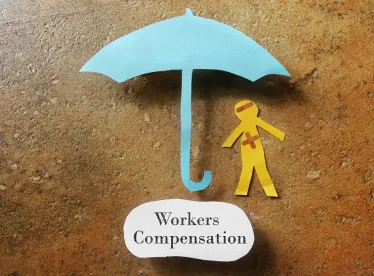In today’s economic climate many people do not have or cannot afford health insurance through their employer. In situations such as this, it is very often the case that the individual is covered by a state program involving Medicaid.
Medicaid is need-based, and in reality, it is a federal program administered by the state. Medicaid is intended to be used for non-work related conditions only. If a worker is injured on the job who happens to be covered by Medicaid, it is absolutely necessary to avoid using Medicaid for treatment.
All treatment should be through the physician or physicians assigned by the employer’s workers’ compensation insurance carrier. If any treatment is placed through Medicaid, as in the case with the other liens in this series, Medicaid has the right to recover this amount.
As soon as an injured worker retains an attorney, the attorney should be notified immediately if that individual is covered by Medicaid. If so the attorney sends a notice to the HMS office which administers Medicaid. HMS will then respond with a questionnaire detailing the injury, the facts surrounding the injury, etc. Medicaid will then note that that injury has occurred and if any treatment for that injury is paid by Medicaid they will ask for the money back.
Again, it is absolutely necessary to not seek treatment on an unauthorized basis when one is covered by Medicaid and also when treating for a non-work related condition not to mention the work injury. As noted in prior blogs, physicians who note work-related injuries while treating a non-work related condition often wind up billing Medicaid resulting in a lien.
Happily, unlike the Medicare situation discussed in my second blog, which discussed Medicare liens, when a workers’ compensation is about to close and a settlement has been reached, before the court officially approves the settlement the worker’s attorney will send a copy of a that proposed Order settling the workers’ compensation to HMS on behalf of Medicaid.
HMS will then issue a Final Statement of Aid Paid. This can be relied upon in almost all situations, unlike the situation with Medicare discussed earlier where a final number can only come after a case closes.



 />i
/>i

